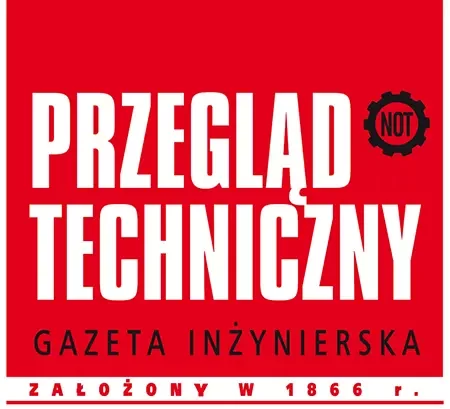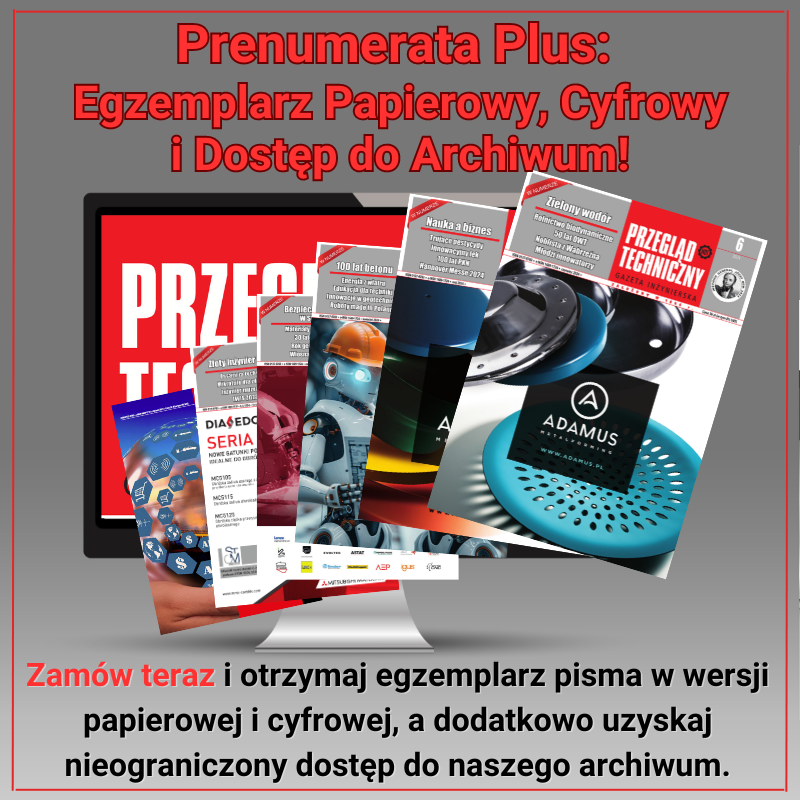More than 250 projects worth PLN 700 million have been implemented to date by the Lukasiewicz Health Research Group. These include. innovations in the healthcare system, medicinal products and drug intermediates, innovations in medical technologies, regenerative medicine, additive techniques in medicine and biomedical engineering, and quantum techniques in medicine.
GB³ Health’s projects are carried out both in cooperation with or on behalf of commercial entities – from corporations to SME companies – and independently by the institutes of the Lukasiewicz Research Network.
– We offer a special service called “Lukasiewicz Challenges.” This is an innovative formula for Lukasiewicz’s work with our business partners. The idea is trivially simple. We announce “Challenges” on our intranet as a result of contact with customers, monitoring competitions of R&D funding agencies and purchasing platforms. Then we invite all employees of Lukasiewicz to submit ideas for their solution -. explains Dr. Adam Dawidziuk, coordinator of the Health Research Group, Lukasiewicz Research Network – Institute of Organization and Management in Industry “ORGMASZ”.
Employees can make suggestions by filling out a short and simple fiche, which can be found under each published “Challenge.” Once a specific solution is selected, the client meets the team and discusses key needs with them. The next step is to work with the internal group of scientists of a given research group on a project proposal that meets the needs of the company, and the next step is to present the proposal to the client. After its approval, intensive work of the project team with the client begins.
FUNDING SOURCES
The Lukasiewicz Health Research Group focuses mainly on applied research, but an important part of the projects also includes work on basic research. To date, GB³ Health has implemented more than 250 projects that support the Polish health care system. – Their value is PLN 700 million,” says Dr. Dawidziuk. But before innovative solutions can be commercialized, funds, often huge, must be raised for research. According to Adam Dawidziuk, they come from both international projects (e.g. Horizon Europe) and national projects, among others. from institutions such as the National Research and Development Center, the National Science Center, and the Medical Research Agency.
IN THE FIGHT AGAINST TICKS
One of the more interesting projects of GB³ Health is (implemented by Lukasiewicz – Lodz Institute of Technology) the project “Ecological preparation based on natural polymers acting repellently against ticks”. His goal is to develop an environmentally friendly preparation based on polymers from renewable sources with the addition of essential oils that act as a tick repellent, which would be applied as a spray on green areas. – The biopolymers from the polysaccharide group selected for the study are characterized by specific biological properties, especially biodegradability, which allows the safe use of preparations made on their basis with full environmental compatibility, both at the stage of production, use and residues, Dr. Dawidziuk says. The formulation will be one of the preventive measures to protect people from tick-borne diseases. The project is also to include an information and promotion campaign to provide basic knowledge about ticks and the diseases they transmit.
IMPROVE WORK IN THE OPERATING THEATER
Lukasiewicz-Poznan Institute of Technology, on the other hand, is working on a project titled “Cyber-physical integrated medical supplies logistics system for the operating theater – SLS” (Surgical Logistic System). It is to create a system based on workflow-class computer software, with equipment to identify and record medical articles: before, during and after surgical procedures.
DEFEAT GLIOMA
Researchers from Lukasiewicz – PORT Polish Technology Development Center are carrying out the project “Analysis of the effectiveness of immunotherapy of glioma using gamma-delta T lymphocytes”. Glioblastoma multiforme (GBM) is the most common malignant brain tumor with a very poor prognosis and a median survival of about 10 months. – Currently existing therapies have very low efficacy, as cancer cells survive in 90% of cases. These data justify the need to develop a better therapeutic approach for the treatment of GBM -Dr. Dawidziuk explains. According to him, a new and promising method of treating cancer may just be immunotherapy, a therapy that uses the potential of immune system cells to find and destroy cancer cells. Among the cells of the immune system that exhibit anti-tumor activity, T cells that have a T cell receptor( TCR, T cell receptor) made up of γ and δ chains are of particular interest. In humans, there are two main populations of γδ T cells that exhibit antitumor activity: Vδ2+ cells – predominant in the peripheral blood, and Vδ1+ cells – located mainly in peripheral tissues. Both cell types have been shown to recognize antigens associated with tumor transformation and cellular stress.
WITH THE ENVIRONMENT IN MIND
Our country is represented by Lukasiewicz – Institute of New Chemical Syntheses in the project implemented within the framework of a consortium of scientific and production units from Poland, Serbia and Ukraine, “Natural products as a basis for ecological sustainable preparations.” This time, the task facing researchers is to develop natural and functional preparations based on supercritical extracts to support plant cultivation (biostimulants with properties that reduce fungal infections) and protect humans from microbial pathogens (protective creams, mucoadhesive gels).
Plant raw materials will be used for the study: cloves, bladderwort, and common hops. The Polish side will focus on developing a plant growth biostimulant that will support plant metabolism and at the same time act as a protection against pathogens of the genus Fusarium (fungi of the tubercle family) and Brevicoryne brassicae (cabbage aphid).
MAN IN THE FOREGROUND
– Long-term, we intend to focus on human welfare. Thus, the research of the Lukasiewicz Health Research Group will be concerned with broadly defined systems that support the health of the population -. Dr. Dawidziuk emphasizes. This direction includes not only health care solutions (medicine, pharmacy, cosmetology, functional food, biotechnology, medical engineering, biosensors or biomaterials), but also studies of the bioethical, legal and economic effects of the technological solutions introduced. Adam Dawidziuk stresses that a key issue in implementing projects in the health segment is an in-depth analysis of their impact.
Lidia Sosnowska
The Lukasiewicz Health Research Group consists of 15 institutes (each with “Lukasiewicz” in its name): Institute of Innovative Techniques EMAG, Institute of Industrial Chemistry, Institute of Ceramics and Building Materials, Institute of Heavy Organic Synthesis “Blachownia”, Institute of Electrical Engineering, Institute of Microelectronics and Photonics, Institute of Non-Ferrous Metals, Institute of New Chemical Syntheses, Institute of Organic Industry, Tele and Radio Research Institute), Krakow Institute of Technology, Lodz Institute of Technology), Poznan Institute of Technology, PORT Polish Center for Technology Development, Warsaw Institute of Technology).





